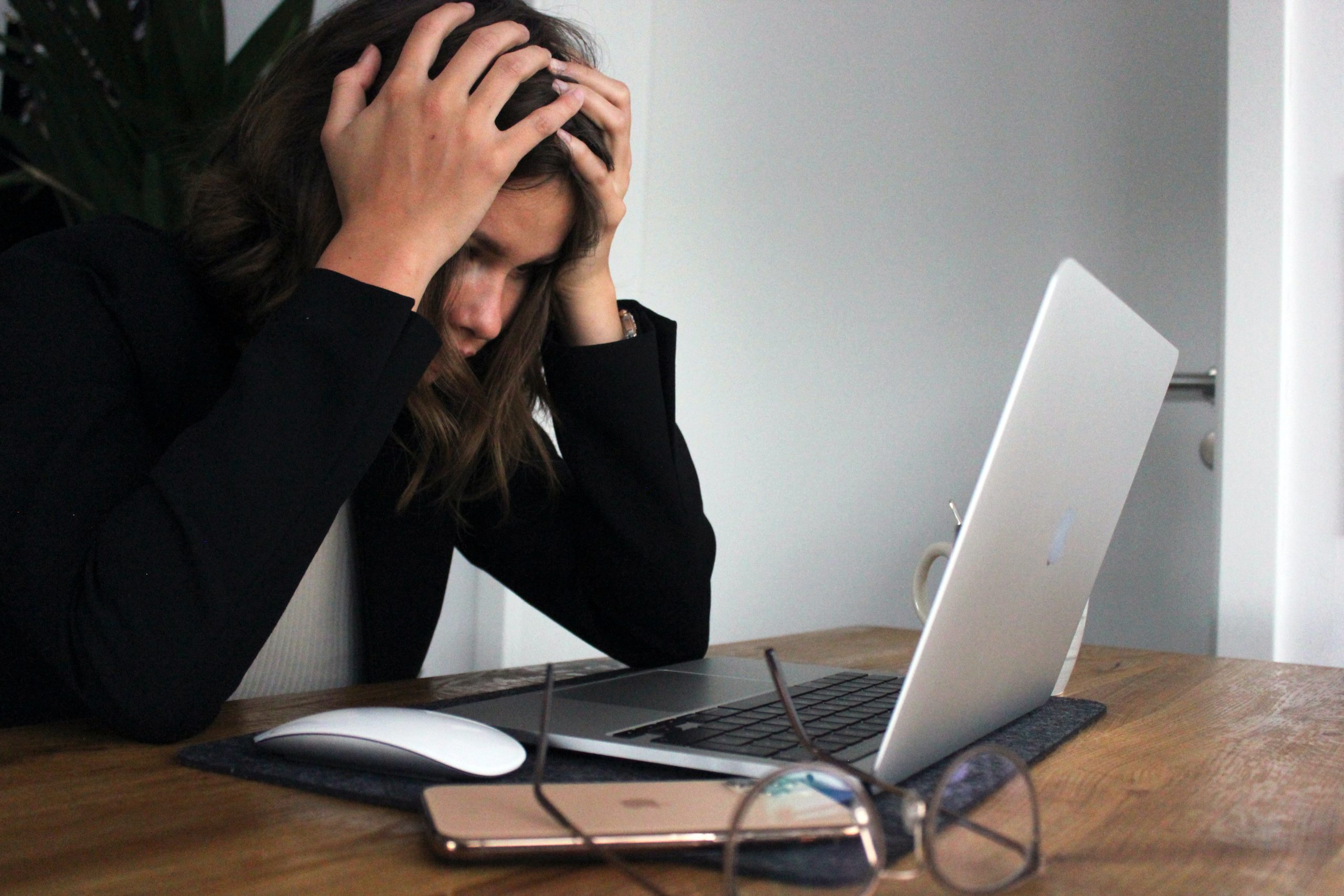The wellbeing of HR professionals has yet to return to pre-pandemic levels, with UK HRs in particular lagging at times behind their global counterparts when coping with today’s challenging economic and operating conditions.
This is according to a three-year comparative research project* which found that in 2020, when the pandemic was first starting to bite, 45% of global HRs felt equipped to manage their own personal and work life demands. This figure dropped to 40% in 2021 and 2022 – during the height of lockdown and the build-up to return to the office – before rising to 44% worldwide in 2023 yet, at only 40% in 2023, UK HRs still lack the confidence of their international counterparts when it comes to balancing out the different work and life demands being made of them.
The data, gathered from 9,900 responses from HR professionals around the world – including 856 from the UK – between 3 June 2020 and 4 June 2023 , also found that UK HRs’ own sense of purpose is lower than that of other countries. In 2023, 57% feel that their work is making a positive difference to their company compared to 61% globally – a figure which itself remains below the 62% average of the pandemic years (2020 – 2022).
In 2020, 41% of HRs globally felt equipped to balance the requirements of their HR role, dipping to 38% in 2021-2022 and leveling off at 42% 2023 – meaning that well over half of HRs still feel they aren’t getting the support they need to do their job.
On a positive note, a more resilient workforce has emerged with almost twice as many UK HRs (58%) in 2023 feeling able to bounce back during challenging times at work compared to 31% in 2020. Additionally, the UK (49%) is markedly more effective at switching off from work to make time for rest and relaxation compared to its European counterparts – 33% in the Netherlands and 37% in DACH (Germany, Austria & Switzerland).
Elsewhere the survey data shows fluctuating experiences for HR professionals across other aspects of their role:
- The number of HRs globally that felt productive at work dropped from 60% in 2020 to a pandemic low of 55% in 2021-2022 before recovering to 61% in 2023
- In 2023 less than half of HRs (44%) are able to take regular breaks to recharge, but this was a marginal improvement over the average 40% of the previous three years.
During the pandemic there was a strong focus on how HR can support the workforce in navigating the crisis. The remit – and associated workloads – of HR professionals expanded without there being a proper support system in place. This has taken a huge and lasting toll on their wellbeing and confidence in their ability to do their job which has been compounded over time.
This data should be a clear call for businesses to look after their HR teams more effectively and provide them the support they need. For HR professionals it is an important reminder to practice self-care to protect their own mental health and to be able to help their organization to maneuver current and future challenges.
*Research from by Culture Amp and Thrive at Monash Business School









